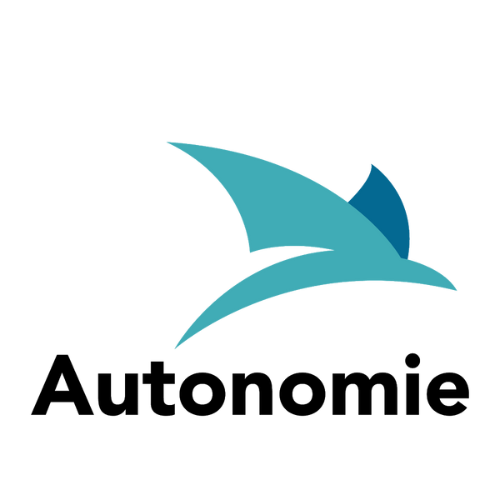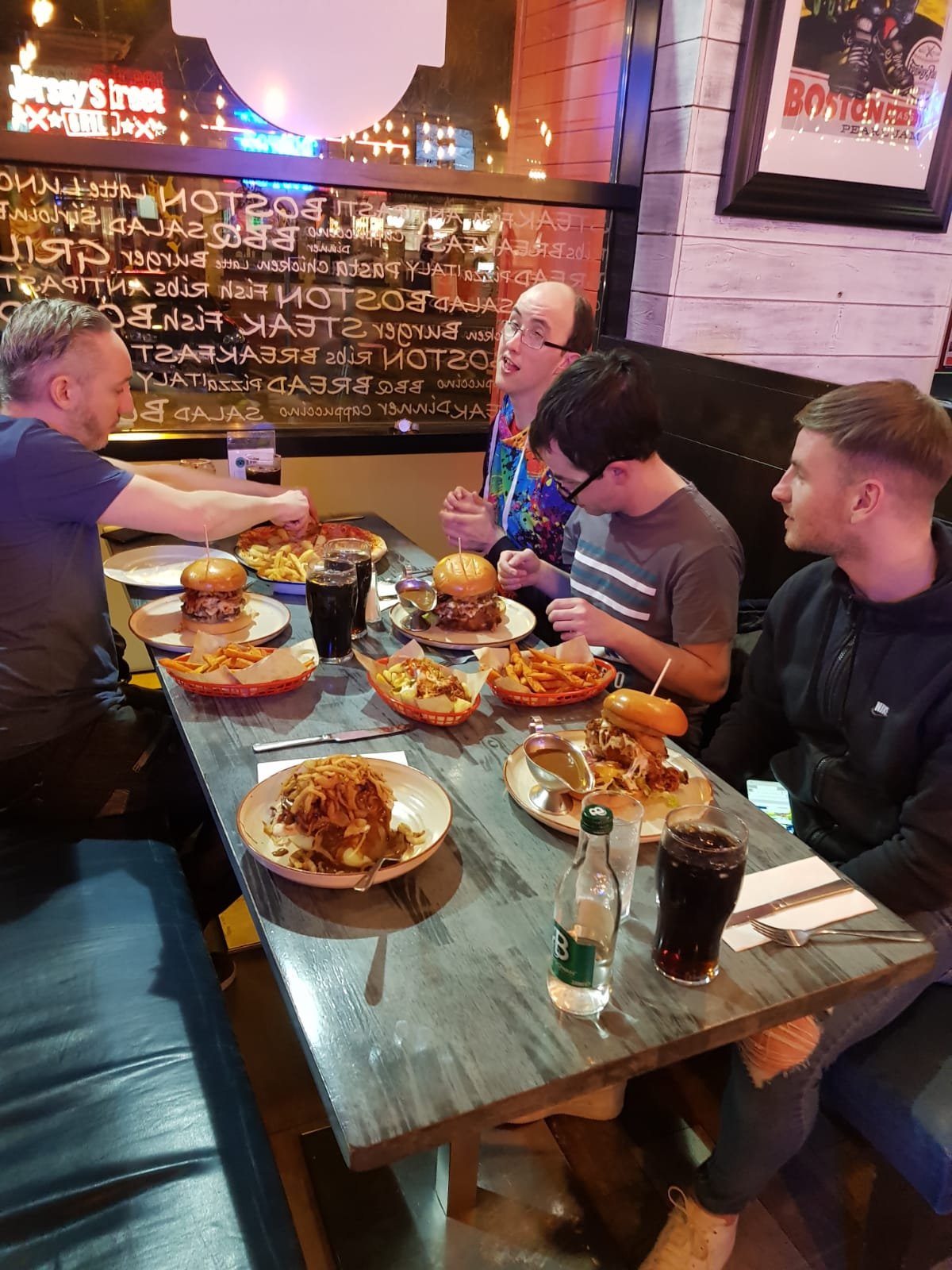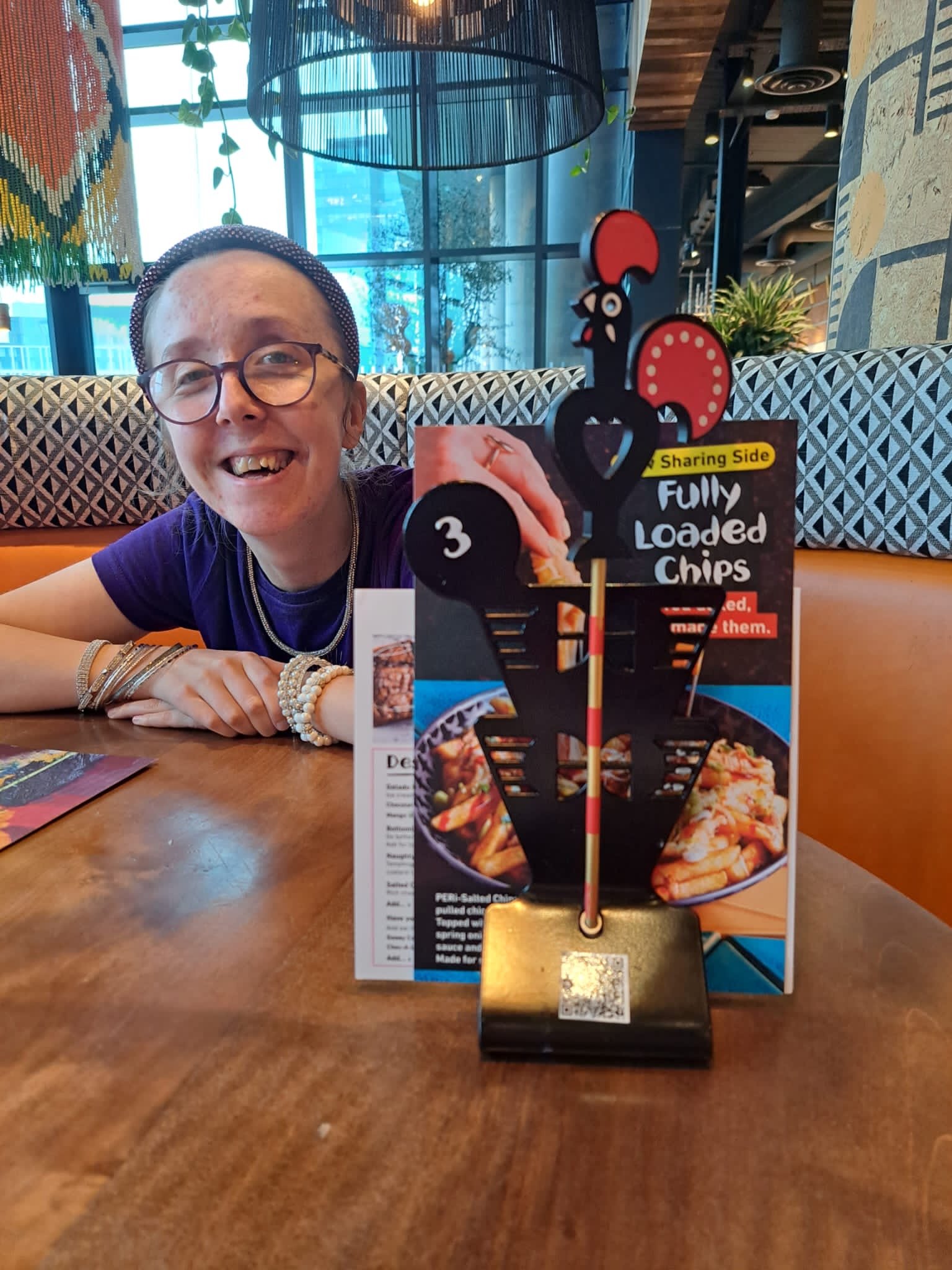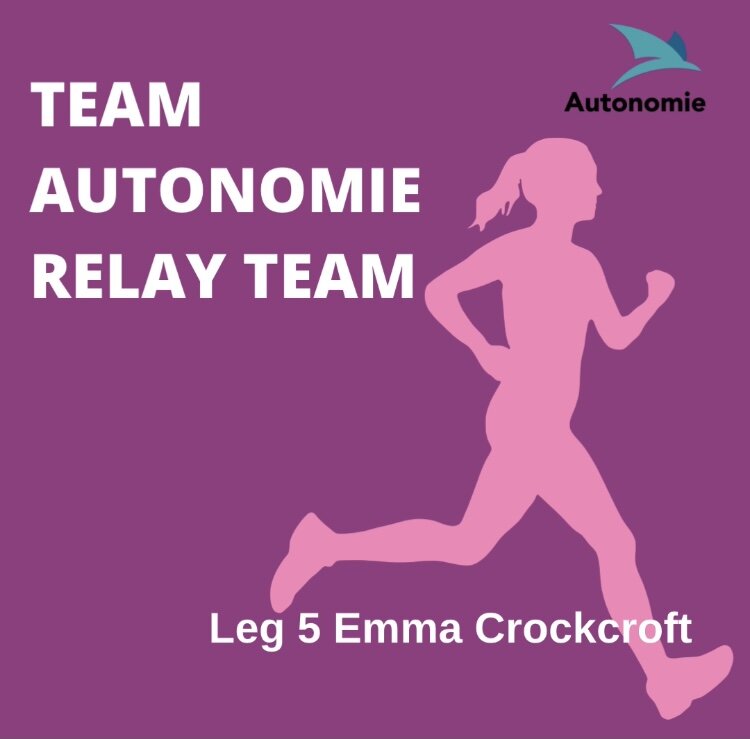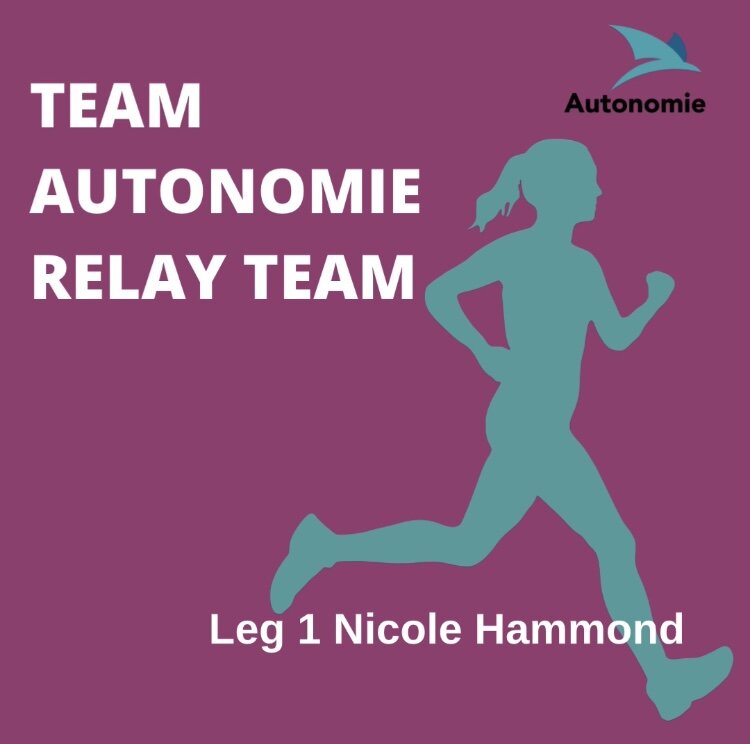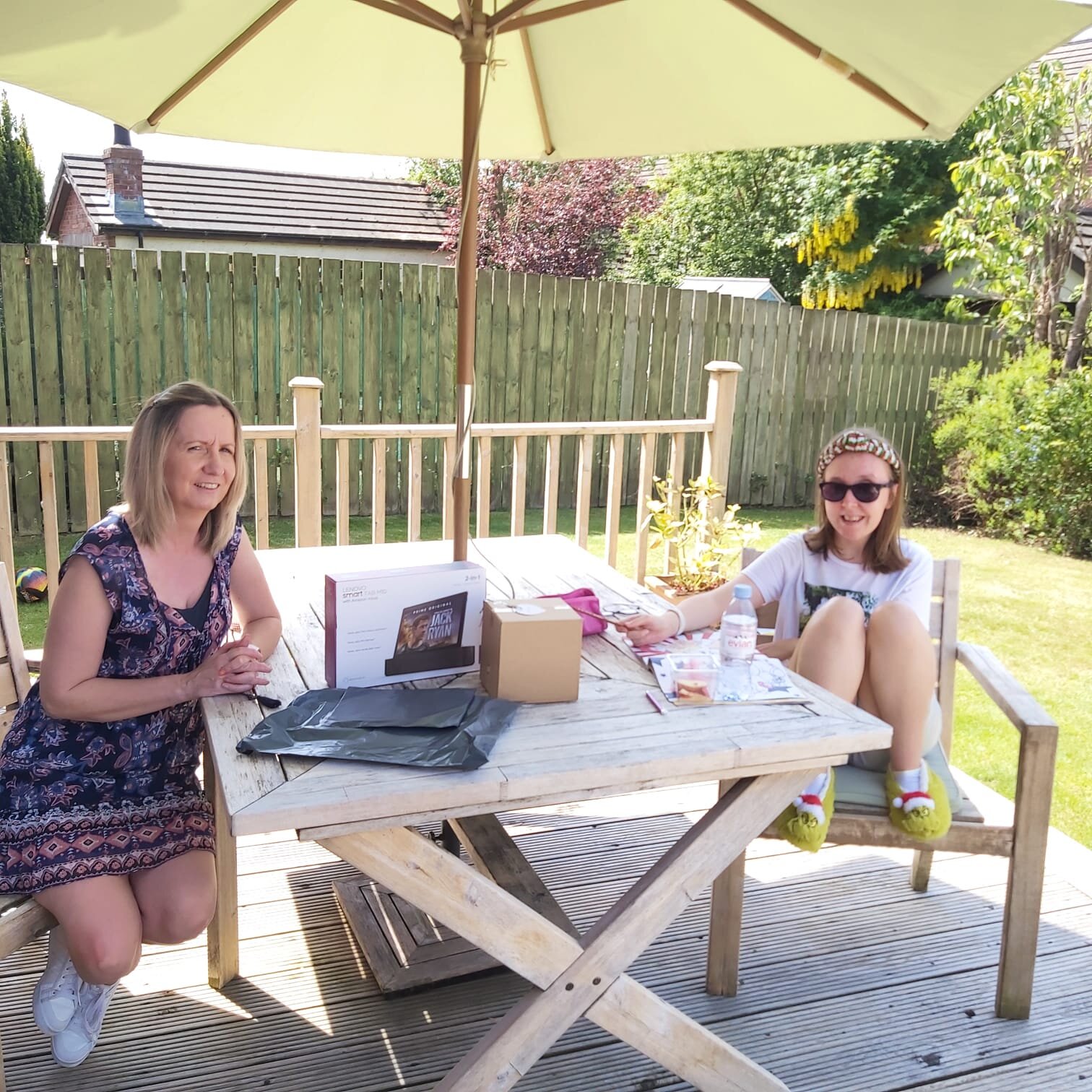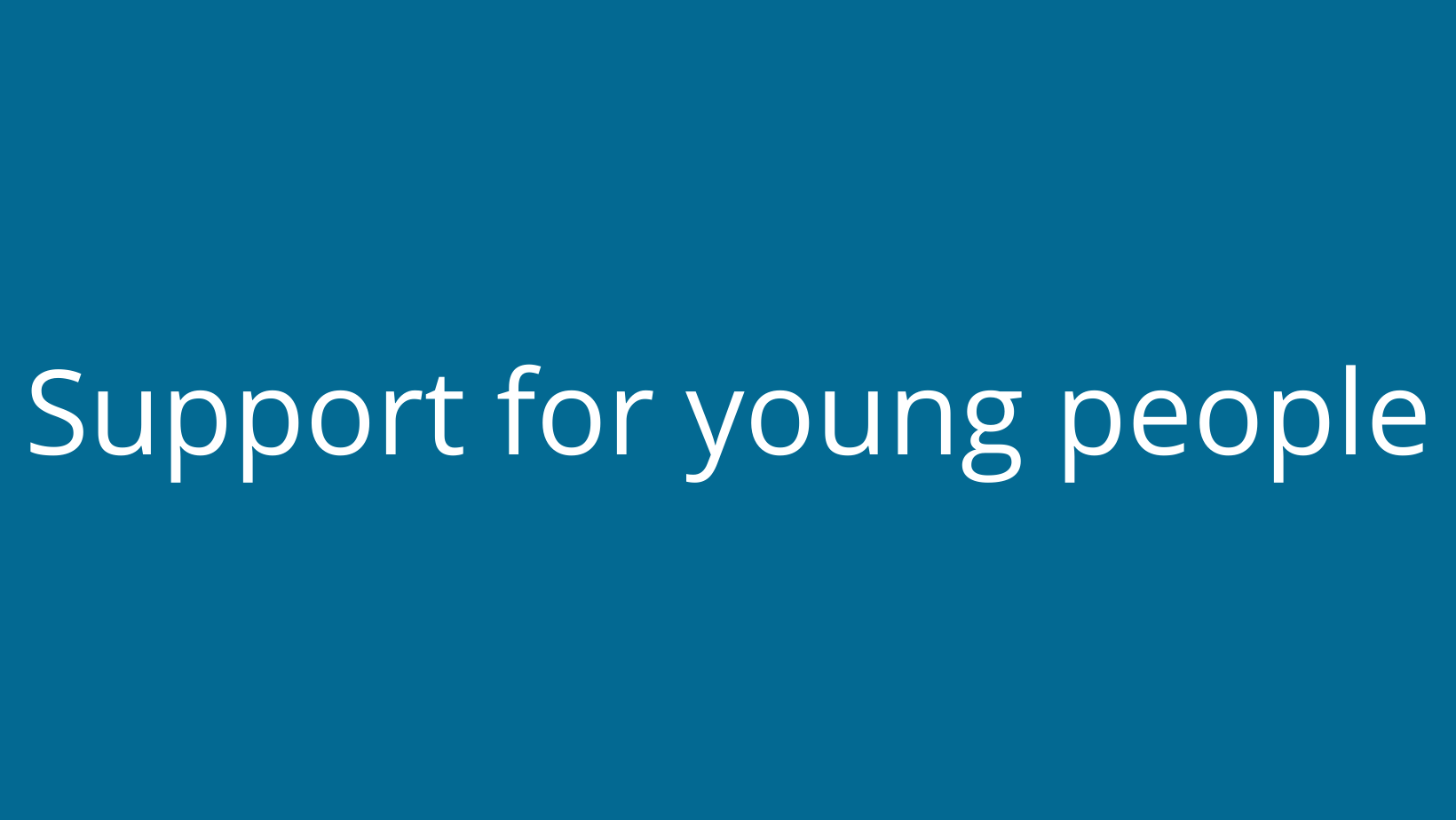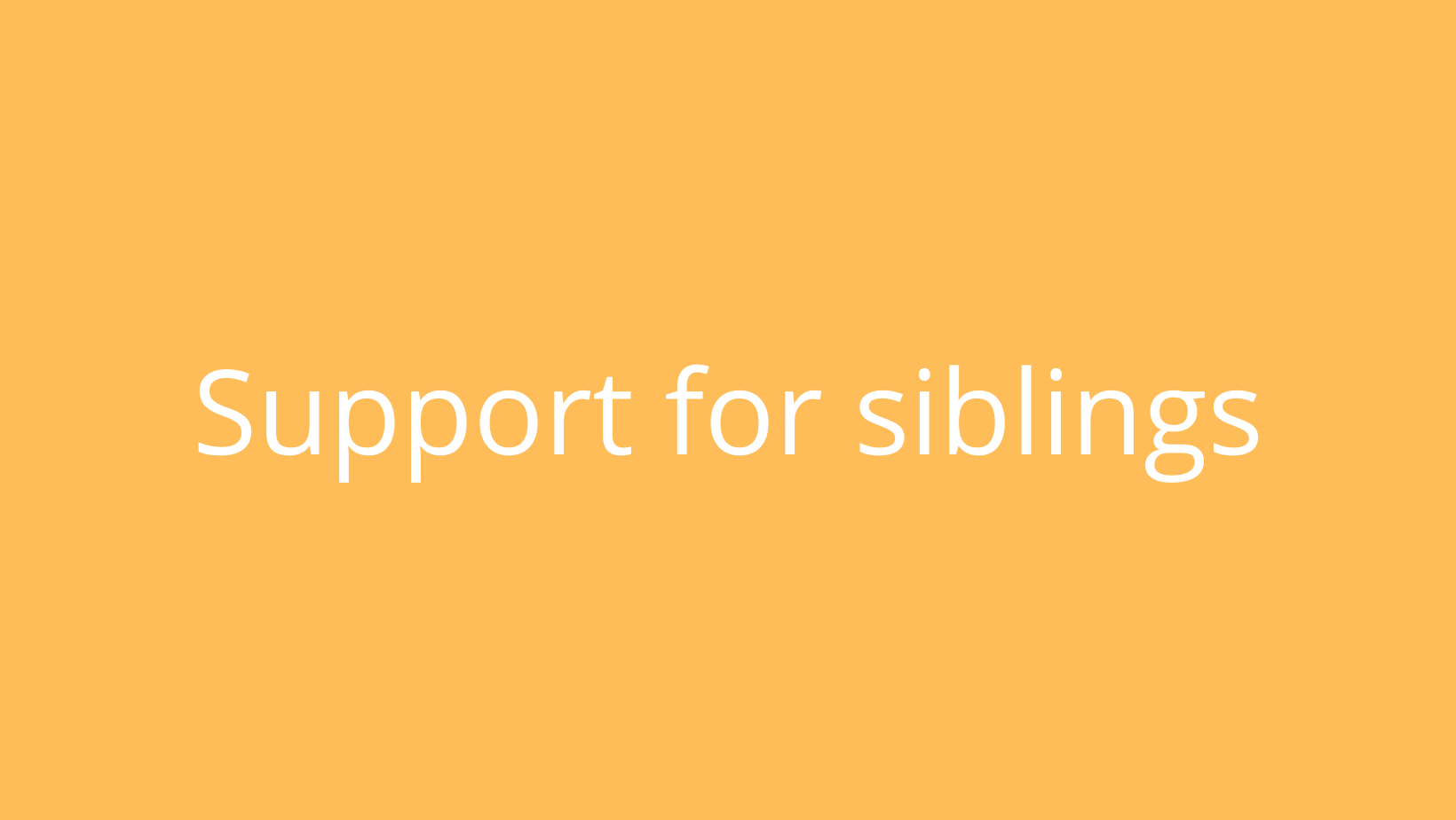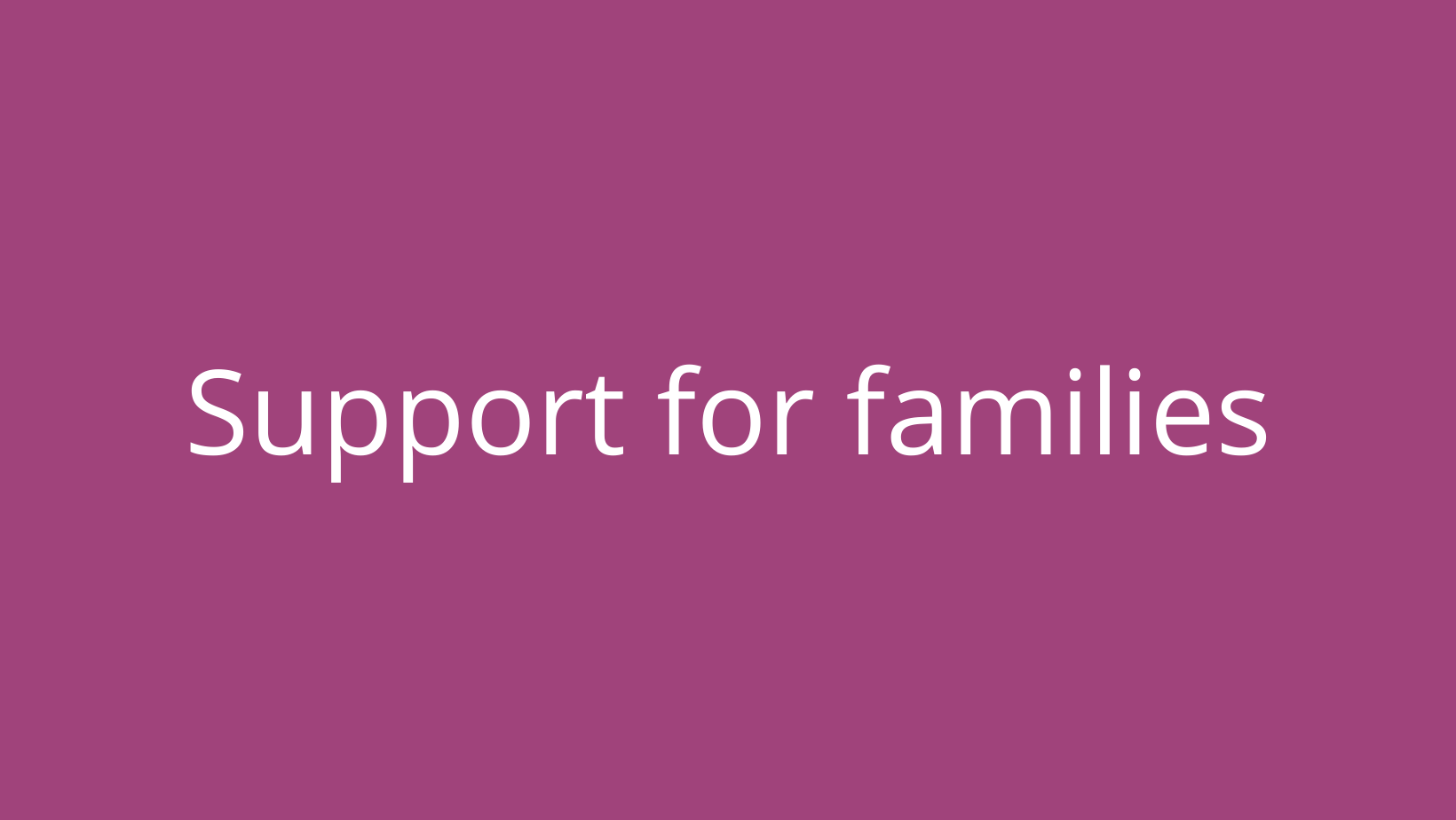Q. Can you tell us a little more about yourself and what drives you to make a difference to the lives of young people with additional needs?
A. I studied BA (Hons) Youth and Community Work at University of Cumbria in Lancaster and a part of my course was to complete a placement. As this was a block placement, I decide to complete my placement at home (Belfast). I wanted to experience youth work within a range of different settings and organisations to help me outline which area I would like to work within in the future.
I had already experienced several settings. For example, a homeless shelter, youth club and outreach/detached work. I decided that I wanted to experience working with young people with disabilities in a youth work capacity. I believe this idea articulated from supporting a family member in a caring capacity who has a disability from I was 16 years old. I felt that I would like to connect my passion for supporting young people with disabilities in line with my passion for youth work. This is when I came across Autonomie.
Autonomie kindly accepted me on placement for a few months and during this time, I developed relationships with young people and developed my passion for working with young people with disabilities. I knew after a few weeks into my placement that this was the area which I wanted to work within once I graduated as it felt rewarding, and I knew the impact in which my role was having on these young people. I enjoyed so much that it did not feel like a job. Watching the distance which each individual young person has travelled in terms of their own personal development and soft outcomes has been amazing over the last year a half whilst working at Autonomie. It has provided me motivation to continue the work in which I have been doing.
Each young person is entitled to socialise with their friends, access services, have their voices herd and have FUN! I want to provide this for all young people specifically those with disabilities and prevent young people with disabilities ‘slipping through the cracks’ or being ‘forgot about’.
Q. Before SAIL, you held the role of Youth Project Officer for another youth disability programme, what key learnings will you bring to SAIL having successfully delivered similar projects during the pandemic?
· Do your research. Do not solve the problems that don’t need to be resolved.
· If plan “A” didn’t work. The alphabet has 25 other letters. – Not every session will go as planned. Therefore, you need to be flexible and be prepared with a backup plan.
· Use a range of facilitation styles and consider each young person’s individual needs when planning and facilitating the programme.
· A lot of things will get delayed. getting the right team in place, recruiting young people, planning the programme, meetings. Your lunch breaks. That is just how this world is. So be patient but keep track of the direction!
· Working together as a team is extremely important during all aspects of the programme. Planning, facilitating, and evaluating.
· Consulting with young people and taking their feedback into consideration is crucial as the programme is for them. Therefore, it will help motivate them.
· Keep the programme fun, engaging and age appropriate for young people.
Q. What makes SAIL unique?
· It provides qualifications for young people.
· It is based on the social model of disability rather than the medical model.
· It will address young people’s needs where they are at.
· It will target a wider range of young people as it will be running in 8 different council areas to support the issues regarding transport.
· It is filling a gap in services which are not currently available.
Q. The pandemic has exacerbated issues many of these young people face such as social isolation and lack of opportunities outside of the family-unit, what day-to-day activities can a person expect taking part in SAIL project and how will these benefit them?
A. OCN Qualifications – Further young people’s education and employability skills
John Moore Award – Supports with employment opportunities.
Residential stays – Independent Living (Covid-19 depending)
Social Opportunities – Trips to coffee shop, walks around the local community, playing games, discussions, and free time etc. these activities will allow an opportunity for natural peer-interaction between young people and an opportunity for young to explore and connect with their local area.
Independent living opportunities – Making basic meals, learning how to budget and experience in housekeeping etc. these activities will provide young people with knowledge and understanding of how to live a more independent life.
